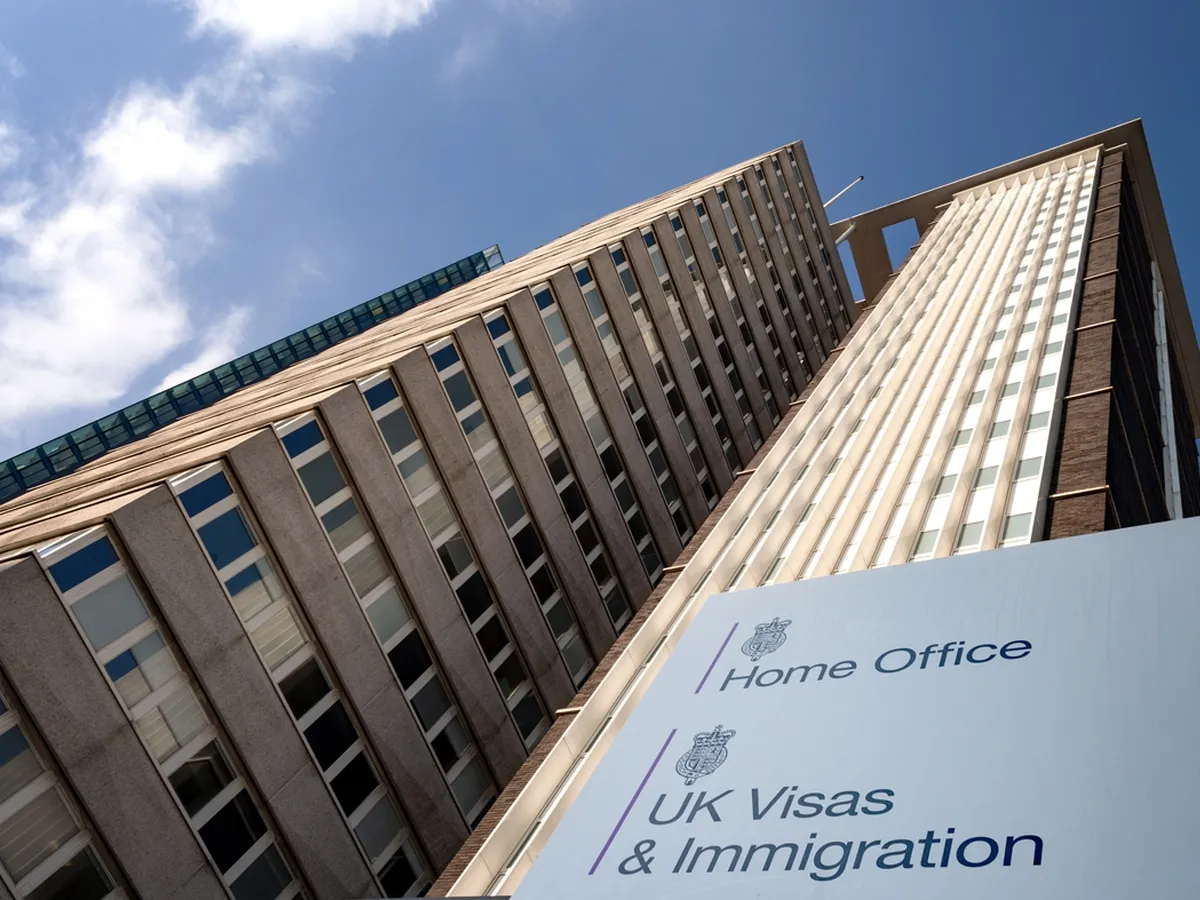Parental responsibility for DNA testing
The issue of parental responsibility is an important part of the consent process for DNA testing.

Why is parental responsibility important when it comes to DNA testing?
Due to the nature of DNA relationship testing, it is important that we have the correct written consent in place for individuals under 16 years of age. As a result, consent must be provided by the person with parental responsibility. In addition, this is required to comply with the Human Tissue Act 2004 and current GDPR (General Data Protection Regulation) requirements. So, when providing consent for a child in a DNA test, it is important that this person has parental responsibility.
What are the rules for who has parental responsibility in the UK?
A mother automatically has parental responsibility for her child from birth. A father usually has parental responsibility if he is either:
- married to the child’s mother.
- listed on the birth certificate (after a certain date, depending on which part of the UK the child was born in – see below).
Parental responsibility in England and Wales
If the parents of a child are married when the child is born, or if they have jointly adopted a child, both have parental responsibility. They both keep parental responsibility if they later divorce.
An unmarried father can get parental responsibility for his child in 1 of 3 ways:
- Jointly registering the birth of the child with the mother (from 1 December 2003).
- Getting a parental responsibility agreement with the mother.
- Getting a parental responsibility order from a court.
Births registered in Scotland
A father has parental responsibility if he is married to the mother when the child is conceived or marries her at any point afterwards.
An unmarried father has parental responsibility if he is named on the child’s birth certificate (from 4 May 2006).
Births registered in Northern Ireland
A father has parental responsibility if he is married to the mother at the time of the child’s birth.
If a father marries the mother after the child’s birth, he has parental responsibility if he lives in Northern Ireland at the time of the marriage.
An unmarried father has parental responsibility if he is named, or becomes named, on the child’s birth certificate (from 15 April 2002).
Births registered outside the UK
If a child is born overseas and comes to live in the UK, parental responsibility depends on the UK country they are now living in (see above).
Same-sex parents
Civil partners
Same-sex partners will both have parental responsibility if they were civil partners at the time of the treatment, e.g. donor insemination or fertility treatment.
Non-civil partners
For same-sex partners who are not civil partners, the 2nd parent can get parental responsibility by either:
- applying for parental responsibility if a parental agreement was made.
- becoming a civil partner of the other parent and making a parental responsibility agreement or jointly registering the birth.
Source: https://www.gov.uk/parental-rights-responsibilities/who-has-parental-responsibility March 2020
Parental responsibility for DNA testing
The guidance from the government is clear. When signing consent for a child for any DNA test, you are signing a legal declaration, regardless of whether it is a legal DNA test or not. If you are unsure or have any questions about parental responsibility for DNA testing, our friendly team of Clinical Advisors will be able to advise you.
Head Office
Crystal Health Group
The Old Chapel
Manchester
M30 0NG



